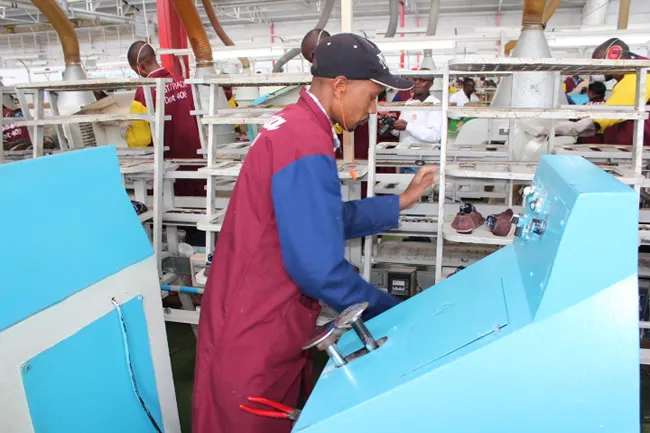

Through its African Transformation Office (ATO), Microsoft will work with the bank’s Youth Entrepreneurship Investment Banks (YEIB) Initiative to develop youth entrepreneurship ecosystems, create jobs and dramatically scale impact in Africa through digital inclusion.
The partnership is expected to ease unemployment pressure especially among the youth facing African governments after impact of COVID-19.
“We believe much can be done to help foster youth entrepreneurship by collaborating with the African Development Bank, driving greater economic inclusion for this key segment of the population, and ultimately building a more prosperous society,” said Cluster Wael Elkabbany, General Manager of Microsoft Africa Regional.
Statistics indicate that African young population is projected to double to 850 million by 2050 despite only 12 million joining the workforce annually and just over three million jobs being created as employment rates stagnate.
“Already we’ve seen considerable success partnering together on initiatives such as Coding for Employment, which aims to equip millions of African youth with employable skills, ultimately creating broad scale employment,” added Elkabbany.
Additionally, the partnership will support the establishment of national-level institutions through a public-private collaboration model to scale up technical and financial support for youth entrepreneurs and build their capacity
AfDB on the other hand will assemble all relevant financial and non-financial parties and partners to play their respective roles in supporting youth entrepreneurs through mentorship, coaching, knowledge and experience sharing through YEIB.
“The strengthening of our partnership with Microsoft on the Youth Entrepreneurship Investment Banks (YEIB) is an important development in our journey towards harnessing Africa’s demographic dividend and facilitating the creation of millions of jobs for young Africans by 2025. The initiative places much-needed focus on youth entrepreneurship, which is key to achieving our ambitious employment targets,” said Solomon Quaynor, AfDB Vice President for Private Sector, Infrastructure and Industrialization.
Microsoft will further connect selected youth to economic opportunity and employability skills, develop effective infrastructure models to help bridge the digital divide through connectivity solutions such as Microsoft Airband.
For SMEs, the two firms will seek to improve SME digital literacy and business skills by creating access to curated learning content, certifications, business solutions, business skills and specialized digital skills and will also be able to purchase Microsoft technology at discounted prices.
